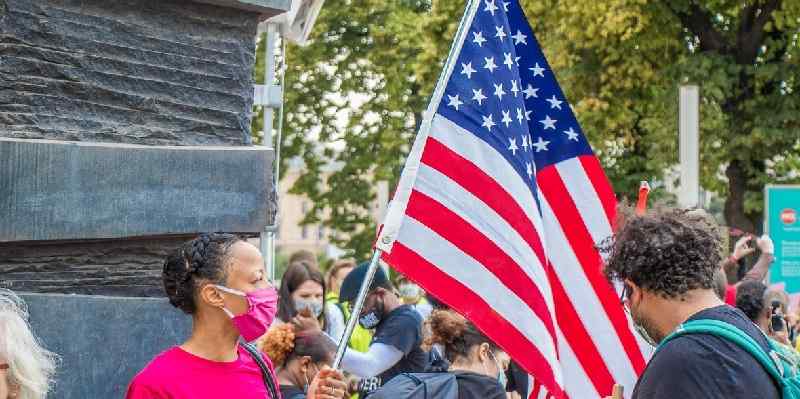America is witnessing a momentous labor movement led by Black Americans, reshaping the fight for workers’ rights across the nation. While some may be familiar with the contributions of figures like A. Phillip Randolph and organizations like the National Urban League, the pivotal role that Black individuals have played throughout history in securing better pay and working conditions often goes unrecognized. With three of the largest unions currently led by Black individuals, along with grassroots efforts, the movement is gaining momentum with each passing day. This article explores the historical backdrop, the influential figures leading major unions, the impact of grassroots initiatives, the extensive scope of the movement, notable strikes, and the motivations driving workers toward collective action.
Black Americans in the Struggle for Workers’ Rights
Throughout centuries of labor activism, Black Americans have been instrumental in the fight for better pay and improved working conditions. From the abolitionist movements of the 19th century to the Civil Rights Movement of the 20th century, Black leaders have consistently played significant roles. This rich history of advocacy and activism has laid the foundation for Black Americans’ continued leadership in the labor movement today.
Black Leadership in Major Unions
The national labor movement is witnessing a remarkable shift in leadership, with Black individuals at the helm of prominent unions. One such leader is Claude Cummings, who is heading the Communications Workers of America (CWA), a union representing approximately 700,000 diverse workers in both the public and private sectors. Under Cummings’ guidance, the CWA is championing the rights of workers from all walks of life, promoting inclusivity, and fighting for fair treatment and improved conditions.
Grassroots Efforts
While the leadership in major unions makes headlines, it is grassroots initiatives that fuel the momentum of the national labor movement. An inspiring example is Chris Smalls, who gained international attention for his efforts to unionize Amazon workers in New York. Smalls represents the many unsung heroes who are working tirelessly to empower workers, challenge corporate giants, and demand fair treatment and equitable opportunities for all.
The Extensive Scope of the Movement
It is vital to recognize that the national labor movement transcends individual incidents. The mainstream media tends to cover worker battles for improved conditions as isolated events, failing to capture the magnitude of this sweeping movement. From Hollywood to California’s fast-food industry, workers from various sectors are joining hands and raising their collective voices for change.
Hollywood Industry Strike
The widely known Screen Actors Guild and Writers Guild of America strike highlights the connection between industry-specific demands and the overarching labor movement. These prominent strikes, seeking full-time jobs and fair profit-sharing for workers in Hollywood, echo the broader struggle for better working conditions, solidifying the interdependence of all workers striving for economic justice.
California’s Fast-Food Workers’ Movement
In California, over 500,000 fast-food workers across multiple cities are mobilizing to unionize their workforce and secure improved benefits. This grassroots movement within the fast-food industry symbolizes the determination of workers, particularly black workers, to address widening wealth disparities, racial and gender pay gaps, and the need for greater equity in the workplace.
Motivations Driving the Movement
The labor movement is driven by multiple factors. Workers, particularly Black workers, observe soaring CEO profits combined with stagnant wages, which worsen racial and gender disparities. With a strong desire for change, workers are advocating for fair treatment, equal pay, comprehensive benefits, and improved working conditions that promote dignity, respect, and economic stability.
The current national labor movement, led by Black Americans, is reshaping the landscape of workers’ rights in America. From historical labor struggles to contemporary advances, Black leaders are revolutionizing major unions and grassroots initiatives alike. It is crucial to recognize the extensive scope of this movement, as workers nationwide unite across industries to challenge systemic inequalities. By amplifying their voices, supporting their demands, and fostering widespread awareness, we can empower the Black-led labor movement and work towards a more just and equitable future for all workers in America.

